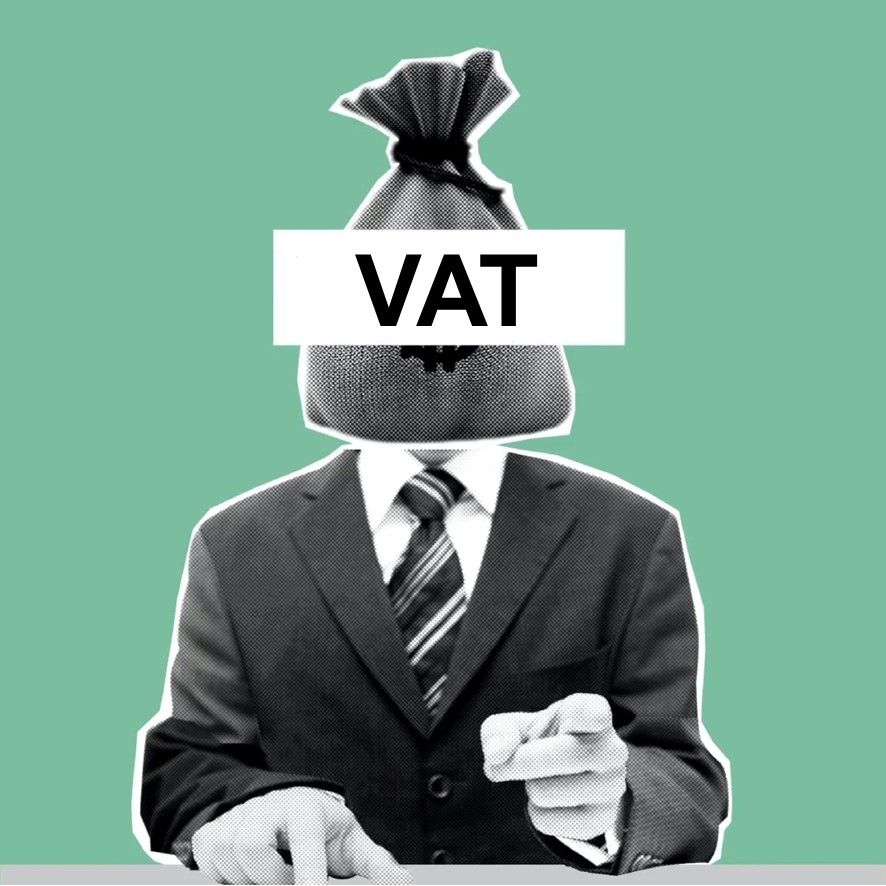The UK government has replaced the Video Games Tax Relief (VGTR) program with a new scheme called the Video Games Expenditure Credit (VGEC). This change will take effect in stages:
- Since 1 January 2024 - VGEC now available: Companies can claim VGEC for qualifying expenses incurred in developing video games.
- Starting 1 April 2025 - Mandatory VGEC for New Games: All new video game projects starting development after this date must claim VGEC benefits, not VGTR. (Where development had started prior to 1 April 2025, existing rules remain available until 31 March 2027.)
- By 1 April 2027 - VGTR Phased Out: The VGTR program will be completely phased out by this date. After this date, all video game development will need to claim under VGEC.
Video Games Expenditure Credit Headlines:
- Above-the-line Tax credit of 34% on qualifying expenditure (capped at 80% of core expenditure)
- Effective tax credit of 25.5% taking account of Corporation Tax at 25%
- No limit on subcontractor costs (previously capped at £1 million under VGTR).
- EEA expenditure is no longer eligible for relief under VGEC, meaning costs must be incurred within the UK.
Eligibility:
- Minimum 10% of expenditure must be used or consumed within the UK.
- "Connected party transactions" need to be disclosed at arm's length rates.
- BFI Culture test still applies
Additional Notes:
- VGEC is considered an "above-the-line" credit, meaning it reduces the taxable corporation tax profits before calculating the final tax owed.
- Core costs definitions remain unchanged
Have a query? Get in touch with the team at Friend Partnership

The information contained below is still applicable for many games in development and is expected to be fully phased out by 1 April 2027.
Who can qualify for Video Games Tax Relief?
In order to qualify the company must be involved with decision-making and directly negotiate contracts and pay for rights, goods and services. It must also be involved throughout development from pre-production until completion.
What is being produced by the company must be certified as British by passing a cultural test. If it does not pass the cultural test it must qualify through an internationally agreed coproduction treaty. The certification is organised by the British Film Institute (BFI) on behalf of the Department of Digital, Culture, Media and Sport.
For work which is uncompleted the BFI will issue an interim certificate and a final certificate will be issued when production is completed.
- The video game must be intended for the sale and distribution to the general public
- At least 25% of the core costs must relate to activities within the United Kingdom or European Economic Area (this applies post-brexit, however legislation may change in the future)
Video Games Tax Relief is not available in respect of:
- advertisements or promotional programs
- For the purposes of gambling
How much can you claim?
Qualifying companies can claim an additional deduction on their Corporation Tax Return which will reduce their profits or increase any loss thereby reducing their Corporation Tax liability. As an alternative they can surrender a loss in return for a repayable tax credit.
The additional deduction will be the lower of:
- 80% of the total core expenditure
- the amount of core expenditure in the United Kingdom or European Economic Area
Essentially, core expenditure is expenditure incurred on pre-production, principal photography and post-production. It excludes expenditure on development, distribution or other nonproduction activities.
If the company is shown to make a loss after applying the additional deduction on it’s Corporation Tax Return, all or part of the loss can be surrendered in return for a repayable tax credit at a rate of 20%.
The claim should be made within one year of the company’s filing date and can be amended or withdrawn within that period.


Working examples for Video Games Tax Relief
A video games company produces a the game Grand Theft Auto. It generates income of £4.5m in their current financial year and as part of production of the game it has total costs of £1.6m
Of the £1.6m in costs during the financial year it has qualifying core expenditure of £1.1m(1) .
Of the same £1.6m in costs during the financial year it has qualifying core expenditure of £900,000(2) which was spent within the UK/EEA region.
Corporation Tax filing would be as follows if Video Games Tax Relief was not applied:
Income: £4,500,000
Expenditure: £1,600,000
---------------
Profit/Loss: £2,900,000
Corporation Tax Liability: £ 551,000
(£2,900,000 x 19%)
Corporation Tax filing would be as follows if Video Games Tax Relief was applied:
Income: £4,500,000
Expenditure: £1,600,000
Additional Deduction: £ 880,000
(lesser of (1) 80% of £1,100,000 and (2) £900,000)
---------------
Profit/Loss: £ 720,000
Corporation Tax Liability: £ 136,800
(£720,000 x 19%)
Should the video games company apply Video Games Tax Relief, instead of the company paying a Corporation Tax bill of £551,000 it would only pay £136,800, saving themselves £414,200 which they could potentially invest in other projects
Next Steps
If you or your organisation have a potential claim for tax relief, or would like further information about the process you can get in touch with us to arrange a no obligation meeting either by phone or in person.
Make A Video Games Tax Relief Enquiry
KNOWLEDGE BASE

The year’s best staged production? Critical Acclaim for Melting Pot Productions’ Paranormal Activity
OTHER SERVICES WE PROVIDE






